Treatment Options for Sports Injuries
The goal of any sports competition is to win the game, so it stands to reason that a loss is the bane of the athlete’s existence. But there’s one aspect of the game that trumps defeat as the worst aspect of any sport — and that’s injury.
When you lose a game, there’s always tomorrow, but when you sustain an injury, your next chance to face your opponent again could be weeks, months, or even years ahead.
Immediate professional treatment can make all the difference when your goal is to get back in playing condition as quickly as possible. Dr. Perry Weisman and our team here at WiseCare Urgent Care help athletes throughout Severna Park and Pasadena, Maryland, recover from their sports injuries so they can continue to participate and avoid future injuries related to improper healing. Here are a few of the most common sports injuries we see and the treatments we offer.
Lacerations
Whether you got cleated by a baserunner or high-sticked in lacrosse or hockey, a laceration should never be ignored. Of course, minor cuts can be treated at home by cleaning them thoroughly and using an antibiotic ointment and a bandage to keep out germs, but deeper cuts may need more than that.
Moderate to severe lacerations require professional cleaning to disinfect the deeper tissues. We may need to irrigate your wound to ensure it’s clear of debris, and it may need stitches to close it properly. As a preventive measure, Dr. Weisman might prescribe an antibiotic medication to ward off infection. It’s also critical to monitor your laceration as it heals to watch for future signs of infection, which can keep you out of the game even longer.
Muscle strains
Cold, tight muscles tear easily, especially in sports that require you to start or stop a motion quickly — think basketball, jumping hurdles, and soccer. Sports that call for throwing or swinging can rip muscles, too, so pitching a baseball, throwing a pass in football, serving a tennis ball, or hitting a volleyball can do their fair share of damage as well.
Often, the best treatment for a muscle strain is rest, ice, compression, and elevation — the RICE approach. This allows the swelling to subside and reduces the pain while the muscle fibers heal. If you’ve sustained a mild or moderate muscle strain, it may take up to 10 weeks to fully recover.
But severely ruptured muscle tissue, classified as a grade III strain, may require surgical repair. Signs of a grade III strain include:
A dent in your skin over the injured muscle
A popping sound when the injury occurs
Severe pain and discoloration
Inflammation
Muscle spasms
Dr. Weisman evaluates your symptoms, the circumstances of your injury, and the diagnostic test results to determine the extent of your muscle strain so he can recommend the appropriate treatment.
Ligament sprains
Ligament sprains can occur in any game, whether you play a contact sport or one that’s seemingly “safe.” All it takes is a slip and fall, a quick twist or torque, or even a piece of flying equipment to stretch or tear a ligament — the fibrous tissue that connects your bones within your joints.
Overstretching, pivoting, twisting, and torquing can all lead to sprains. If your sprain is mild, the RICE treatment works well here, too. But if you have a more serious injury, Dr. Weisman evaluates your sprain and may determine that immobilization is best. In this case, he may fit you for an orthosis, which is simply an external device like a brace, sling, or splint to keep your injured body part still as the healing takes place. A severely ruptured ligament may call for surgical repair.
Head injuries
More than 21% of the nearly 3.8 million traumatic brain injuries (TBI) sustained by children and adolescents occur due to sports and sport-like recreational activities. Anything that causes your brain to slam into the skull can cause this serious injury, including a blow to the head, neck, or face.
The most common type of TBI is a concussion and is prevalent among athletes who participate in baseball, softball, soccer, hockey, equestrian events, rugby, lacrosse, football, cycling, and basketball. TBI symptoms include:
Difficulty controlling motor functions
Headache
Changes in taste, hearing, or vision
Confusion
Mumbling or slurred speech
Dizziness
All head injuries should be evaluated immediately by a qualified medical professional, especially if there was a loss of consciousness involved. Dr. Weisman can determine whether your head injury or concussion is mild and will resolve on its own with rest or if it requires a specialist’s attention.
Sports injuries happen even among professional athletes — it’s an inherent risk at any level. If it happens to you, schedule an appointment with us at either of our two locations to get the best treatment so that you can get back in the game as soon as possible.

